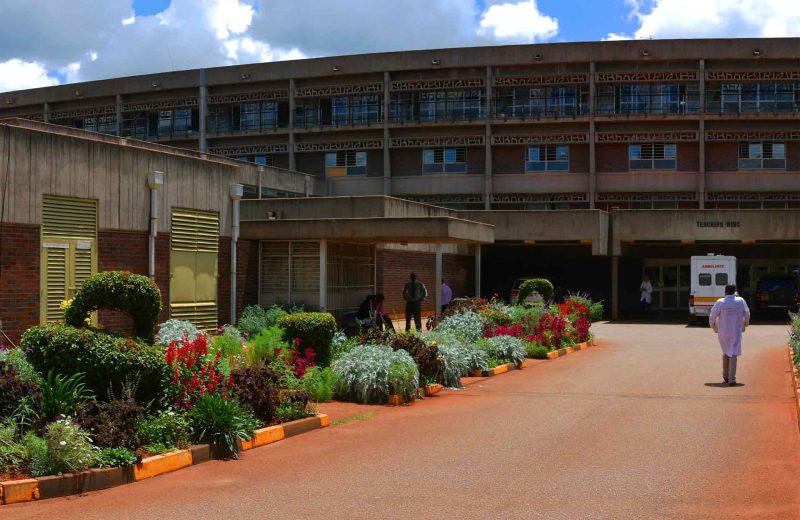Heatwave Survival Guide: Why You Should Avoid Alcohol
As Zimbabwe and the rest of Southern Africa brace for an intense heatwave, meteorological authorities have issued stark warnings: temperatures are set to soar, with some regions like Gwanda in Zimbabwe expected to hit a scorching 44°C. Experts caution that while staying hydrated is crucial, one surprising piece of advice stands out—avoid alcohol during the heatwave. Understanding the interplay between extreme heat and alcohol consumption can make a significant difference in safeguarding health during these dangerous conditions.
The Meteorological Alert: A Heatwave Unlike Any Other
The Meteorological Department has forecasted a heatwave that will grip Zimbabwe and other parts of Southern Africa, including South Africa, Mozambique, and Malawi. Temperatures ranging from 36°C to 44°C are expected to persist, prompting warnings from the South African Weather Service and the Zimbabwean Met Department. This heatwave is part of a broader global trend, with 2024 on track to become the hottest year on record. The Word Meteorological Organisation (WMO) attributes these rising temperatures to human-induced climate change, with UN Secretary-General António Guterres warning that “humanity is torching the planet and paying the price.”
Alcohol and Heat: A Dangerous Combination
While many may reach for an ice-cold beer to beat the heat, experts strongly advise against it. Alcohol is a diuretic, which means it increases urine production, leading to fluid loss. During a heatwave, this can exacerbate dehydration, leaving the body unable to regulate its temperature effectively. Dehydration can lead to heat-related illnesses such as heat exhaustion and heat stroke, both of which are medical emergencies.
How Alcohol Worsens Dehydration
- Increased Fluid Loss: Alcohol prompts the kidneys to excrete more water, which accelerates dehydration.
- Impaired Thermoregulation: Alcohol affects the hypothalamus, the part of the brain responsible for temperature regulation. This interference can make it harder for the body to cool down.
- False Sense of Hydration: While cold alcoholic beverages may feel refreshing, they do not replenish lost fluids effectively. In fact, they can mask the early signs of dehydration, delaying intervention.
Heat-Related Illnesses: Symptoms to Watch
Heat-related illnesses range from mild to severe and can escalate quickly. Knowing the signs is vital:
- Heat Cramps: Muscle spasms due to loss of fluids and electrolytes.
- Heat Exhaustion: Symptoms include dizziness, nausea, vomiting, heavy sweating, and weakness.
- Heatstroke: The most severe form, characterised by a high body temperature (above 40°C), confusion, seizures, and unconsciousness. Immediate medical attention is critical.
Practical Tips to Stay Safe
During this heatwave, it’s crucial to take proactive steps to protect yourself and those around you:
- Stay Hydrated: Drink plenty of water, avoiding sugary or caffeinated beverages. Carry a water bottle wherever you go.
- Avoid Alcohol and Caffeine: Both substances contribute to dehydration. Opt for water or electrolyte-replenishing drinks instead.
- Wear Light Clothing: Choose loose-fitting, light-coloured clothing to help your body stay cool.
- Use Sunscreen: Apply broad-spectrum sunscreen to protect your skin from UV rays.
- Limit Outdoor Activities: Avoid strenuous outdoor activities during peak heat hours, typically between 10 a.m. and 4 p.m.
- Check on Vulnerable Populations: Ensure that children, the elderly, and pets have access to cool environments and adequate hydration.
- Avoid Cars as Heat Traps: Never leave children or pets in parked cars, even for a short period.
Follow Us on Google News for Immediate Updates
The post Why You Should Avoid Alcohol for the Next Few Days as Met Office Warns of Intense Heatwave appeared first on iHarare News.










 Zim Instantly via Simplex Solutions
Zim Instantly via Simplex Solutions